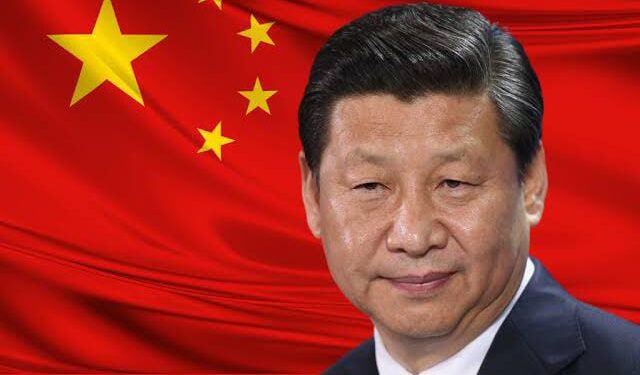By Lucy Adautin
China’s economy slowed more than anticipated in the June quarter, intensifying expectations for new growth-boosting measures from a key political meeting in Beijing this week.
The National Bureau of Statistics (NBS) reported on Monday that the world’s second-largest economy grew by 4.7% year-on-year in the April-June period, down from 5.3% in the March quarter and below economists’ predictions of 5.1%.
The property sector saw a significant decline, with new commercial building sales dropping 25% in the first half of 2024. June retail sales also fell by 0.12% from May, highlighting weak consumer confidence that could impede China’s goal of achieving a full-year GDP growth target of about 5%.
A record trade surplus of nearly $100 billion in June, driven by surplus manufactured goods exports, slightly bolstered the weak quarterly results. However, potential rising trade barriers, especially if Donald Trump is re-elected US president, add pressure on China to stimulate domestic growth.
These economic figures were released as top Chinese officials convened in Beijing for a significant political meeting, traditionally known for announcing major economic policy shifts.
“Reversing these economic trends should be the focus at this week’s third plenum,” said Harry Murphy Cruise, an economist with Moody’s Investor Services.
Despite this, the five-yearly event may not meet expectations for major reforms. Murphy Cruise pointed out that significant policy changes in China can be seen as admissions of failure, which officials avoid. Hence, modest policy adjustments aimed at expanding high-tech manufacturing and providing some support to the housing sector and households are expected instead.
President Xi Jinping will oversee the Communist Party’s secretive gathering, with limited hints about the agenda.
State media indicated the meeting would focus on deepening reform and advancing modernization in China. Analysts hope these pledges translate into substantial economic support.
“The upcoming plenum can’t come soon enough,” wrote Sarah Tan and Harry Murphy Cruise in a Moody’s Analytics report. They suggested reforms in the property sector, easing migration restrictions, boosting high-skilled jobs, and tax system modifications to relieve local government debt. However, sweeping reforms are unlikely.
The property sector, a critical issue, has faced year-on-year contraction for 28 months, with investment and sales plummeting. June retail sales, adjusted for inflation, were up only 1.8% from the previous year, the weakest since December 2022, affected by the COVID-19 Omicron wave and the end of zero-COVID policies.

































